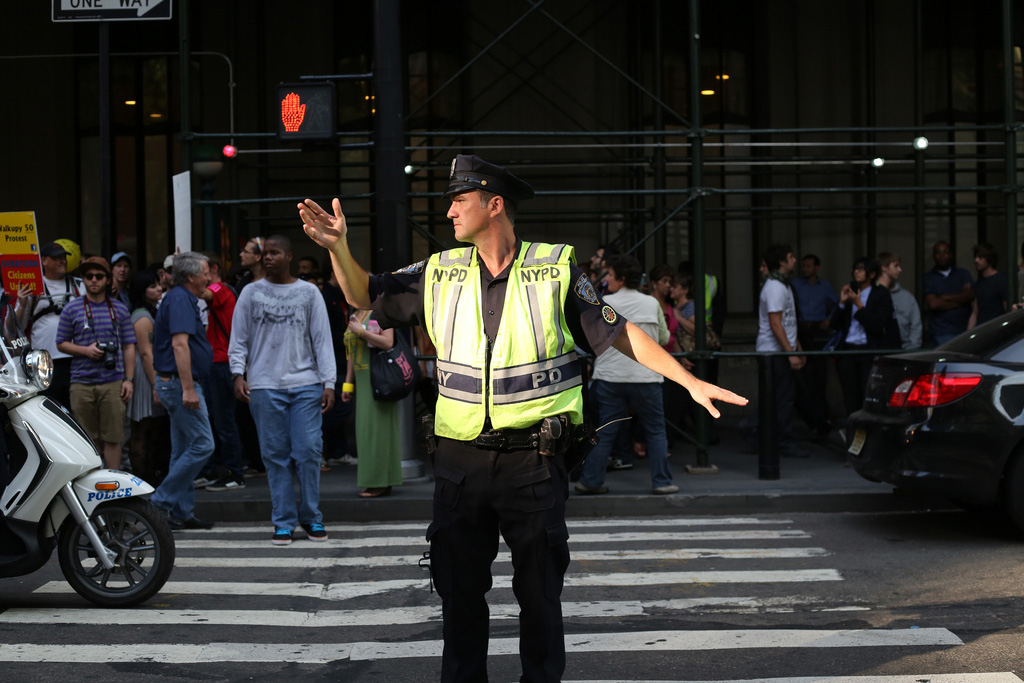In the early 80’s, there was a sizeable number of trade union movements in Lesotho as workers were mostly not aware of the importance of joining such labour bodies. In fact, legislation did not say much about the labour associations and their role but as time moved on, there was a commendable increase in the formation of labour associations.
Veteran trade unionist, T’seliso Elliot Ramochela, has seen it all andcontinues to play a significant role in the sector, ostensibly preaching the gospel of labour unionism in the country. His name rings bells in the minds of both employers and workers alike.
Currently, Ramochela is the general secretary of the National Union of Commerce Catering and Allied Workers (NUCCAW), a trade union grouping whose membership is mostly in commerce and catering establishments. In this interview with theReporter, he gives his insights in the labour industry.
Please briefly tell us about your educational and professional background.
I did my primary school education before proceeded to do junior certificate. I later completed the Cambridge Overseas School Certificate (COSC) through correspondence. After completing this, I joined the influx of Basotho young men to work in mines in neighbouring South Africa.
I came back to Lesotho after a brief stint in that industry and joined the Lesotho Electricity Corporation (LEC) and got involved in local trade unions in 1975. After two years, I became the president of the Lesotho Teachers’ Trade Union which was remarkably prominent among the teaching sector. I also worked for the ILO (International Labour Organisation) and the ICFTU. I worked fulltime for the Lesotho Allied Clothing and Textile Workers’ Union between 1990 and 1992. Currently, I work for NUCCAW.
You are one of Lesotho highly-acclaimed labour movements experts. How did it all happen and what have been some of your most outstanding experiences?
The period between 1982-1989 enriched my knowledge hugely whereby I was exposed to numerous activities locally and internationally from which I gained a lot by developing my skills in the field of labour relations and trade unionism. I was able to attend seminars and short and long-term courses in Switzerland, the United Kingdom and Italy.
There has been an assortment of trade unions some of which died while others continue to thrive, what are the major reasons for such?
Between 1977 and 1990 we were very active and led by knowledgeable people in the workforce. The environment was conducive given the technical and educational support from international labour movements such as the International Confederation of Free Trade Unions (ICFTU), World Federation of Trade Unions and the ILO. Development aid organisations like the Danish International Development Agency (DANIDA) and Swiss International Development Agency also assisted. Workers were then able to access basic trade union education.
Do you think there has been enough understanding among the workforce and trade union leadership about the labour movement?
During this period, trade unions were able to fully represent members and enter into collective bargaining with companies. The principle to preserve gains was achieved through collective bargaining. When the Republic of South Africa (RSA) gained independence most organisations switched their support to that country. However, some workers are constantly becoming aware of the importance of labour movements as they alert them of their rights at the workplace and other labour related matters.
It seems some union officials are turning trade unions into livelihood projects. How is this impacting on the unions’ membership?
This is due to the fact that the attainment of independence in South Africa had a bearing on the trade unionism in Lesotho. The unions suffered a huge decline in terms of both activities and membership. Some people who worked in South Africa came back to Lesotho and got entangled in trade union practices resulting in their being associated with the entities as their own.
Consequently, the number of unions mushroomed so much that some workers left certain movements to join the new ones which were being formed due to a sharp increase in formal economic sectors such as textile and clothing, commerce, and construction.


































